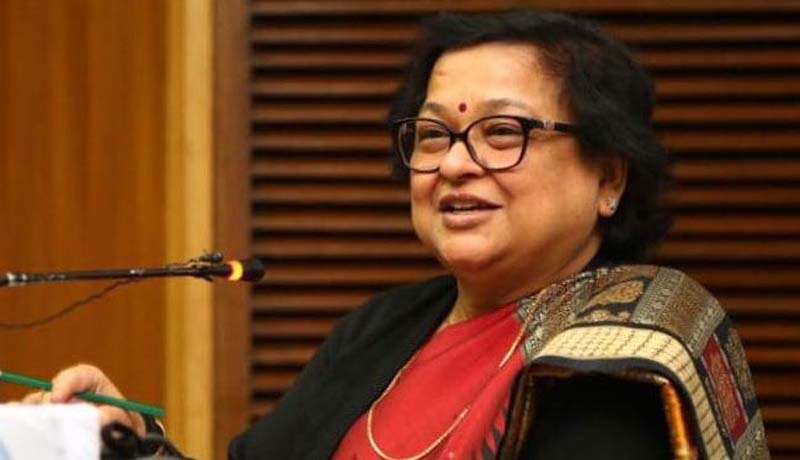Sufficient provisions for safety of recorded evidence
VC facilities provided in all courts, prisons of J&K, Ladakh
Mohinder Verma
JAMMU, Feb 12: As all the courts and prisons in the Union Territory of Jammu and Kashmir and Union Territory of Ladakh have been provided with video-conference facilities, the Chief Justice of Common High Court Justice Gita Mittal has laid down guidelines for holding trials, recording evidence, giving remands and handling other allied matters through electronic video linkage.
The video-conference facilities enabling audio and visual communication between persons at different locations have now been installed in the High Court of Jammu and Kashmir, all the court complexes and prisons in the Union Territories of Jammu and Kashmir and Ladakh, said Registrar General of High Court Sanjay Dhar.
“The video-conferencing facilities provided in the courts have the capacity to record evidence, grant remands etc in court proceedings in circumstances where it would be expensive, inconvenient or otherwise not desirable for a person to attend a court in-person”, he further said, adding “an over-riding factor is that use of video-conferencing in any particular case must be consistent with furthering the interests of justice and should cause minimal disadvantage to the parties”. However, it is for the court to decide whether evidence should be recorded by video-conferencing.
As per the guidelines laid down by the Chief Justice, wherever possible the proceedings by way of video-conference shall be conducted as judicial proceedings and the same courtesies and protocols will be observed. “All the relevant statutory provisions applicable to judicial proceedings including the provision of the Information Technology Act, 2000 and the India Evidence Act, 1872 shall apply to recording of evidence by video-conference”, read the notification issued by the High Court.
“The video-conferencing facilities can be used in all matters including remands, bail applications and in civil and criminal trials where a witness is located intrastate, interstate or overseas. However, these guidelines will not apply to the proceedings under Section 164 of CrPC”, the notification said.
About appearance by video-conference, the guidelines said: “A court may either suo-moto or on an application of a party or a witness direct by reasoned order that any person shall appear before it or give evidence or make a submission to the court through video-conference”, adding “a schedule of video-conference shall be communicated to remote site well in advance so as to avoid conflict of time slots at remote site”.
As far as preparatory arrangements for video-conference are concerned, there will be coordinators both at the court point as well as the remote point. In the High Court, Registrar Computers will be the coordinator at the court point while as in the district courts, official incharge of the video conferencing facility holding the post of System Officer will be the coordinator at the court point.
Where the person to be examined is in another State/UT, a Judicial Magistrate or any other responsible official as may be deputed by the District Judge concerned or Sub-Divisional Magistrate will be the coordinator at the remote point. Similarly, where the person to be examined is in custody, the concerned Jail Superintendent or any other responsible official deputed by him will be the coordinator at the remote point.
“If the person to be examined is in a hospital, the Medical Superintendent or Incharge of the hospital will be the coordinator at the remote point and if the person to be examined is a juvenile or a child who is an inmate of an Observation Home of any other Home, the Superintendent/officer incharge of the concerned Home will be the coordinator at remote point”, the guidelines said.
The guidelines further said that in criminal cases, the expenses of the video-conference facility shall be borne by such party as the court directs taking into account the rules governing the subject while as in civil cases the party making the request for recording evidence by video-conference shall bear the expenses.
Moreover, the identity of the person to be examined shall be confirmed by the court with the assistance of the coordinator at the remote point at the time of recording of the evidence.
“The audio shall be recorded at the court point and an encrypted master copy with hash value shall be retained in the court and another copy shall be stored at any other safe location for backup in the event of any emergency”, the guidelines further said.


